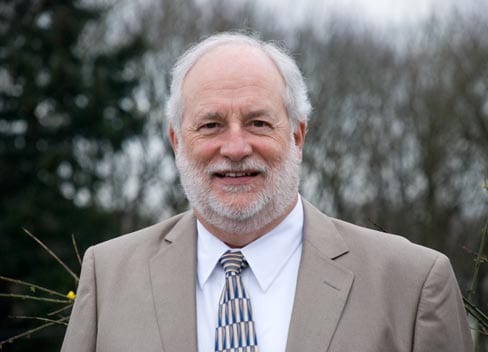AMA contradicts itself by passing resolution saying medical aid in dying is unethical, but ethical doctors can practice it
Opposition to practice at odds with leading AMA member societies that provide care for dying patients
Jun 10, 2019 American Medical Association medical aid in dying
Compassion & Choices criticized the American Medical Association (AMA) House of Delegates today for voting to pass a resolution to accept a report they rejected at its annual meeting last June and interim meeting last November recommending it maintain its Code of Medical Ethics’ opposition to medical aid in dying.
The report by the AMA Council on Ethical and Judicial Affairs (CEJA) reinterpreted the AMA's Code of Medical Ethics (CEJA) by maintaining that “physician-assisted suicide” (i.e., medical aid in dying) is “fundamentally incompatible with the physician's role as healer,” while paradoxically saying physicians can provide medical aid in dying “according to the dictates of their conscience without violating their professional obligations.”

“It defies basic logic for the AMA maintain that medical aid in dying is unethical, but that ethical physicians can provide it,” said AMA member Dr. David Grube, national medical director for Compassion & Choices, former president of the Oregon Medical Board and a retired family physician who wrote prescriptions for medical aid in dying in Oregon.
“Leading AMA member societies that provide care for dying patients have adopted value-neutral terminology to describe medical aid in dying, including the American Academy of Hospice and Palliative Medicine, the American Academy of Family Physicians, and the American Academy of Neurology,” concluded Dr. Grube. “Yet, sadly the AMA ignores this fact and clings to ‘physician-assisted suicide’ despite its Council on Ethical and Judicial Affairs’ admitting the term has ‘negative connotations.’”
Despite the negative connotation of the term “physician-assisted suicide,” nearly six out of 10 doctors (58%) surveyed among 5,200 physicians across 29 specialties say that “’physician-assisted suicide’ or ‘physician-assisted dying’ should be made legal for terminally ill patients,” according to a Dec. 2018 Medscape online survey
Medical aid in dying has been authorized in Washington, D.C. and eight states: California, Colorado, Hawai‘i, Montana, Oregon, Vermont, Washington, and starting on Aug. 1, in New Jersey. Collectively, these nine jurisdictions represent more one out of five Americans (21%) and have 40 years of combined experience implementing this medical practice.


